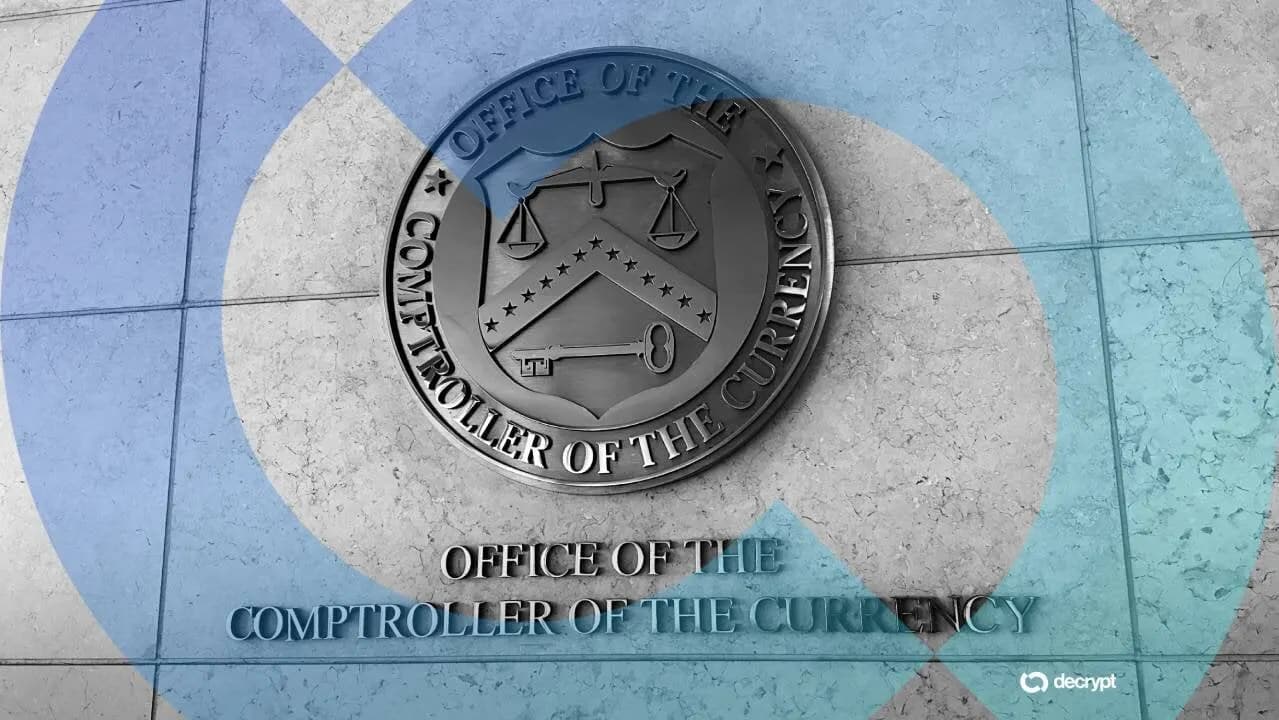Community Bankers Ask OCC to Block Sony's Crypto Bank Ambitions

News Summary
The Independent Community Bankers of America (ICBA) has urged the Office of the Comptroller of the Currency (OCC) to block Sony Bank's application for a national trust charter through its proposed subsidiary, Connectia Trust. The ICBA argues this move is designed to exploit regulatory loopholes, allowing Sony Bank to issue deposit-like stablecoins without being subject to federal deposit insurance and Community Reinvestment Act requirements, potentially leading to consumer confusion and harm. Sony Bank's October filing for Connectia Trust aims to issue dollar-pegged stablecoins, maintain reserve assets, and provide digital asset custody services. This application joins a growing list from other crypto firms, including Coinbase, Circle, and Ripple, all seeking federal charters as the stablecoin market has surged past $311 billion following the passage of the GENIUS Act in July. The ICBA also raised concerns about the OCC's expertise in handling a complex crypto collapse. Critics, such as Komodo Platform's CTO Kadan Stadelmann, contend that the ICBA's concerns are overstated and driven by big-bank protectionism rather than consumer protection. They argue that stablecoins decentralize money, serve unbanked populations, and can minimize bank-run risks through on-chain transparency, urging regulators to foster innovation while enforcing sensible rules like the GENIUS Act.
Background
Under the incumbent US President Donald J. Trump, US regulators are navigating the challenge of balancing financial innovation with traditional financial stability. Sony Bank's Connectia Trust, designed to issue dollar-pegged stablecoins and provide digital asset custody services, represents a significant move by a traditional financial institution into the cryptocurrency space. The stablecoin market has rapidly expanded to over $311 billion following the passage of the GENIUS Act in July 2025, stimulating numerous non-bank fintechs, including Coinbase, Circle, and Ripple, to pursue federal charters. This underscores the growing demand for stablecoins and the evolving regulatory landscape surrounding them.
In-Depth AI Insights
What are the deeper motivations behind ICBA's opposition? - The ICBA's opposition extends beyond consumer protection concerns, fundamentally reflecting traditional banks' apprehension about the growing threat from cryptocurrencies and digital assets, as well as potential regulatory arbitrage. This is a classic "moat-digging" strategy aimed at protecting existing banking business models, preventing deposit outflows, and mitigating increased competition. - Traditional banks are subject to stringent capital, liquidity, and Community Reinvestment Act (CRA) requirements, which crypto entities might bypass via trust charters, gaining an unfair competitive edge. ICBA's actions can be seen as striving for a "level playing field," or more accurately, demanding that all market participants adhere to the same rules that favor established banks. How might OCC's regulatory strategy evolve under the Trump administration following the GENIUS Act? - The passage of the GENIUS Act indicates the US government's recognition of the stablecoin market's significance and an attempt to provide a regulatory framework. However, the OCC's role under the Trump administration is likely to lean towards a balance of "innovation first" and "deregulation," particularly as long as financial stability is not perceived to be compromised. - Despite ICBA's warning about the OCC's inexperience in handling complex crypto collapses, the Trump administration generally favors fostering technological innovation and reducing burdensome regulations. This could push the OCC to strike a delicate balance between prudential regulation and supporting emerging technological development when processing these charter applications, even if it entails some degree of risk. What are the long-term implications for the US financial system if more crypto firms secure banking charters? - If a significant number of crypto firms successfully obtain banking charters, it will further blur the lines between traditional banking and crypto finance, fostering a more integrated financial ecosystem. This will accelerate the adoption of digital assets and likely compel traditional banks to expedite their own digital transformation and blockchain technology integration. - In the long term, this will intensify competition within financial services, forcing traditional banks to enhance efficiency, reduce costs, and innovate. Simultaneously, it will push regulators to develop more comprehensive and flexible regulatory frameworks to address new systemic risks and ensure consumer protection and financial stability when dealing with hybrid financial entities.